Meet our new Postpartum Doula and Newborn Care Specialist (NCS), Sarah!
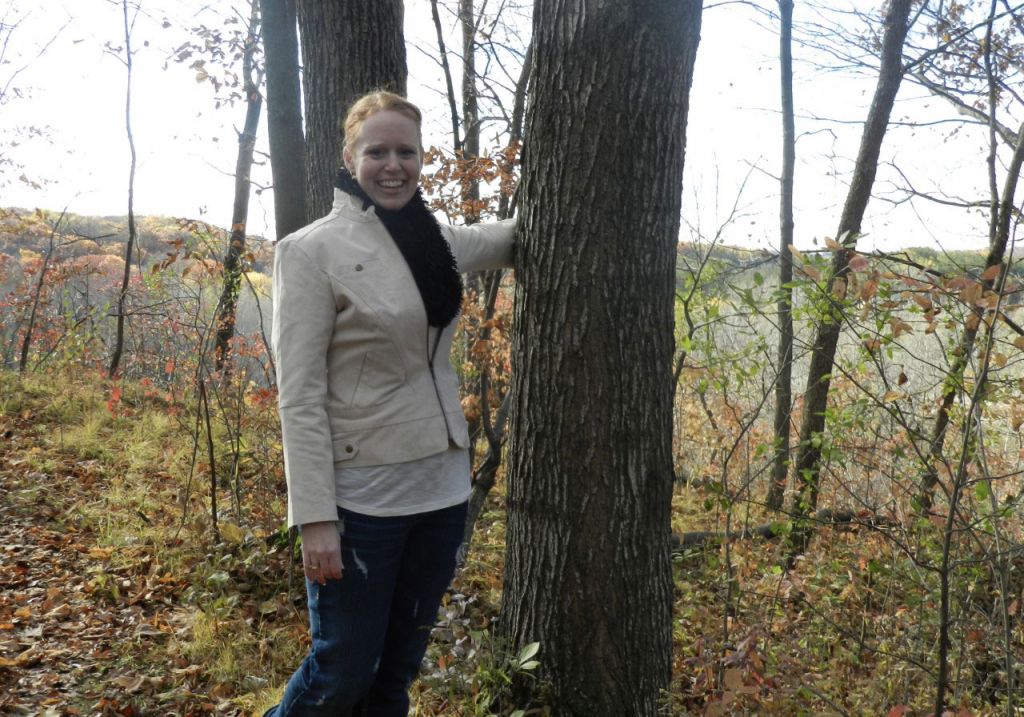
We hope you enjoy getting to know Sarah in our Q&A blog! Sarah serves families in West Michigan as a certified Newborn Care Specialist. She offers day and overnight newborn support. 1) What did you do before you became a newborn care specialist? I have worked in the field of Early Childhood for 20 […]
Meet Mya, Our Newest Postpartum Doula!
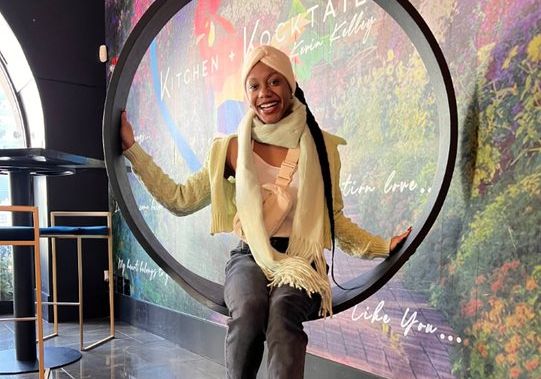
Meet Mya, Our Newest Postpartum Doula! As you know, when we bring a new person onto the Gold Coast team, we love to find out more about them and share that with you! Let’s find out more about Mya. 1) What did you do before you became a postpartum doula? Before becoming a doula, I […]
Meet our new Postpartum Doula, Jene’e!
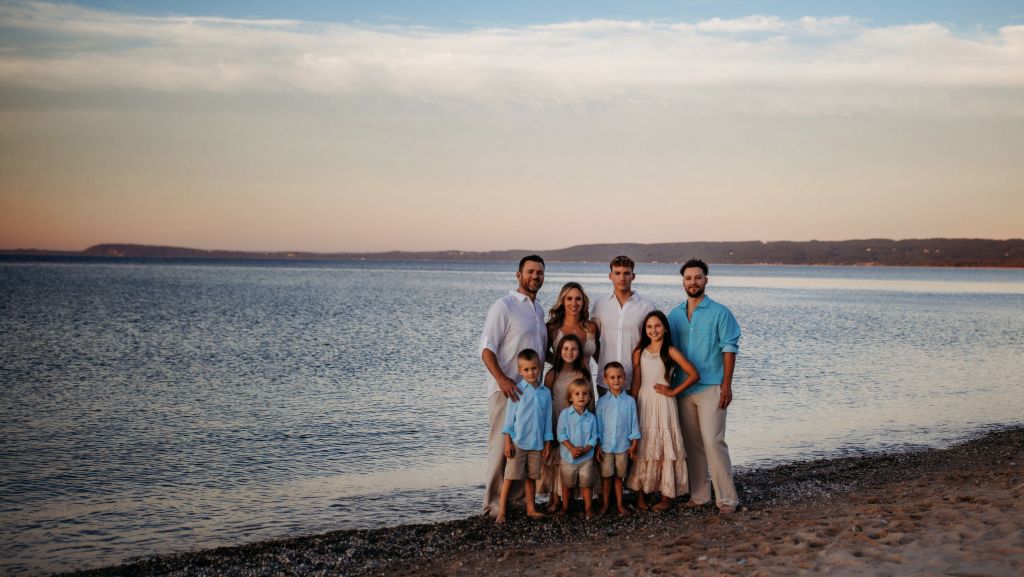
1) What did you do before you became a doula/consultant? For many years, I primarily have been a “domestic engineer”, a stay-at-home mom. Although in some of those years, my family has owned a few restaurants, and I helped there when I was needed. 2) What inspired you to become a doula/consultant? Becoming a mama […]
Top 3 Yoga Poses for 3rd Trimester
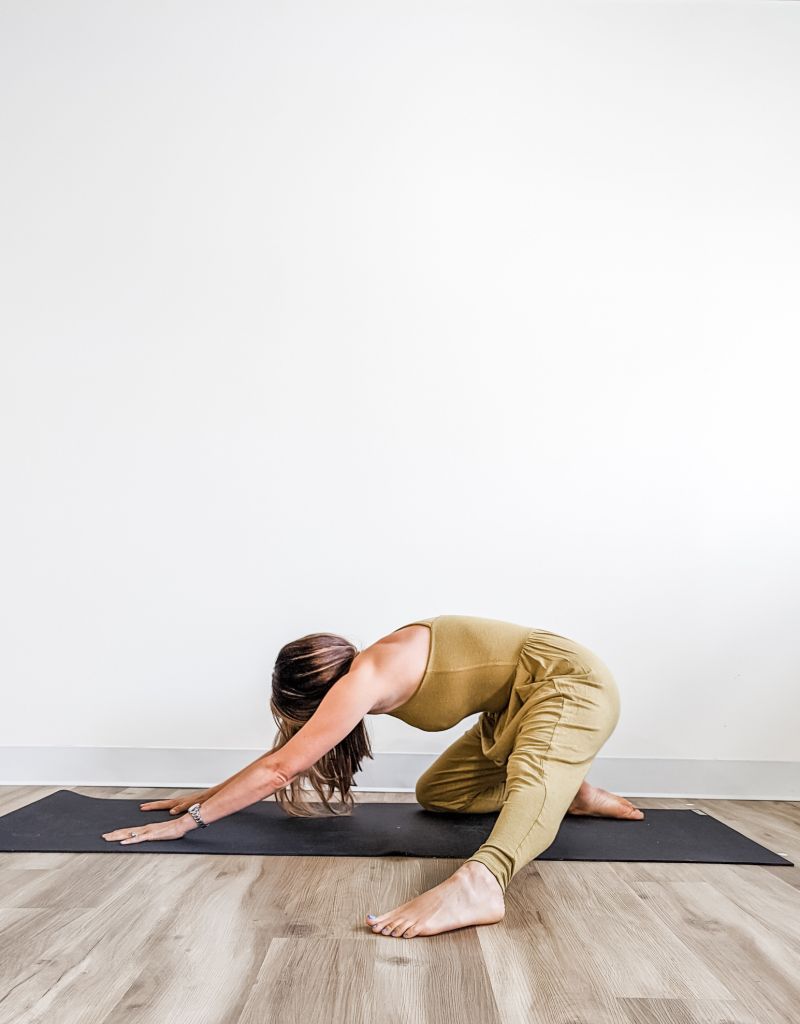
Cervical checks aren’t quite the crystal ball some providers make them out to be. The truth is, we don’t know how your birth will unfold. But by preparing your body you are creating balance in your pelvis and enhancing your baby’s chances of a smoother, more efficient birth! As a labor doula and prenatal yoga […]
Meet Our New Birth Doula, Jordyn!
What did you do before you became a doula? I have worked in the mental health/crisis industry for the last 8 years. I started with 2-1-1, helping people find local resources, and then the suicide prevention hotline. Over the previous 6 years, I have worked in the EAP world, assisting with coordinating crisis response teams […]
Meet our new birth doula, Lisa.
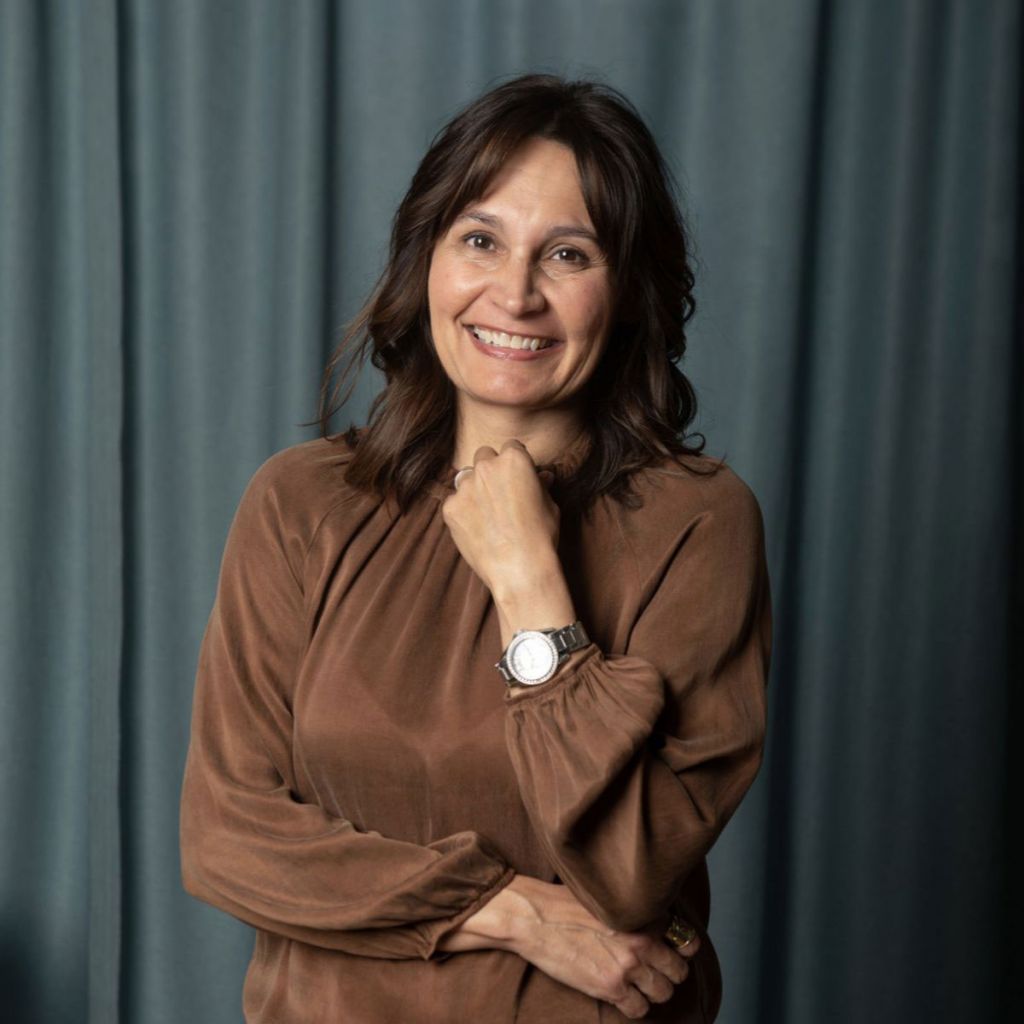
What did you do before you became a doula/consultant? I had a 20+ year career as an Occupational Therapist. Much of my career as a therapist, was at Mary Free Bed Hospital working in the wheelchair and custom seating department. Approximately 7 years ago, I completed my master’s degree and became an academic advisor. I […]
Meet Alyssa Zapata, Certified Birth Doula!
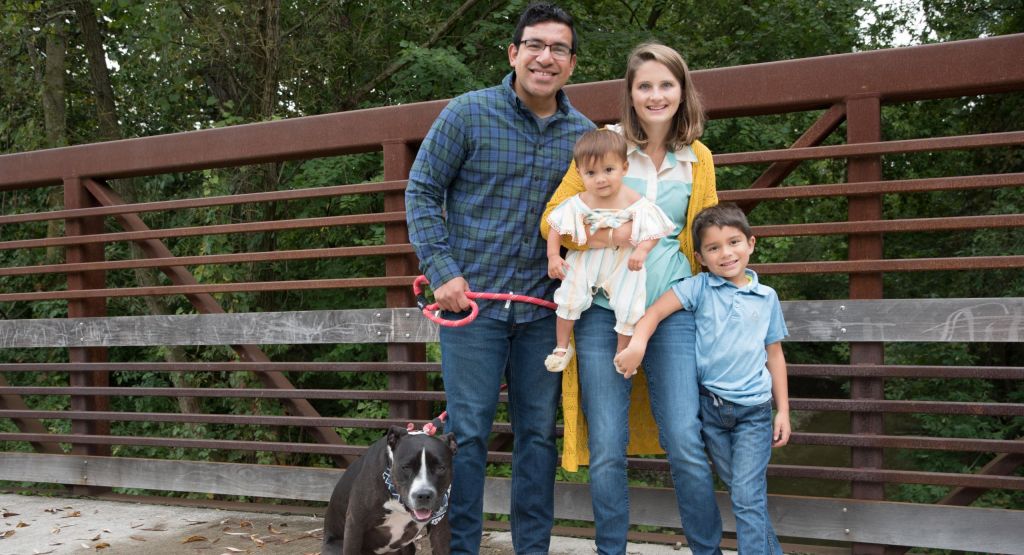
Alyssa used to work with us as a placenta encapsulator and is now back with Gold Coast, this time as a birth doula! What did you do before you became a doula? I worked in the hospitality industry at restaurants, B&B’s, and assisting wedding planners. I also became a momma to my oldest who will […]
Audra’s Birth Story: Podcast Episode #105
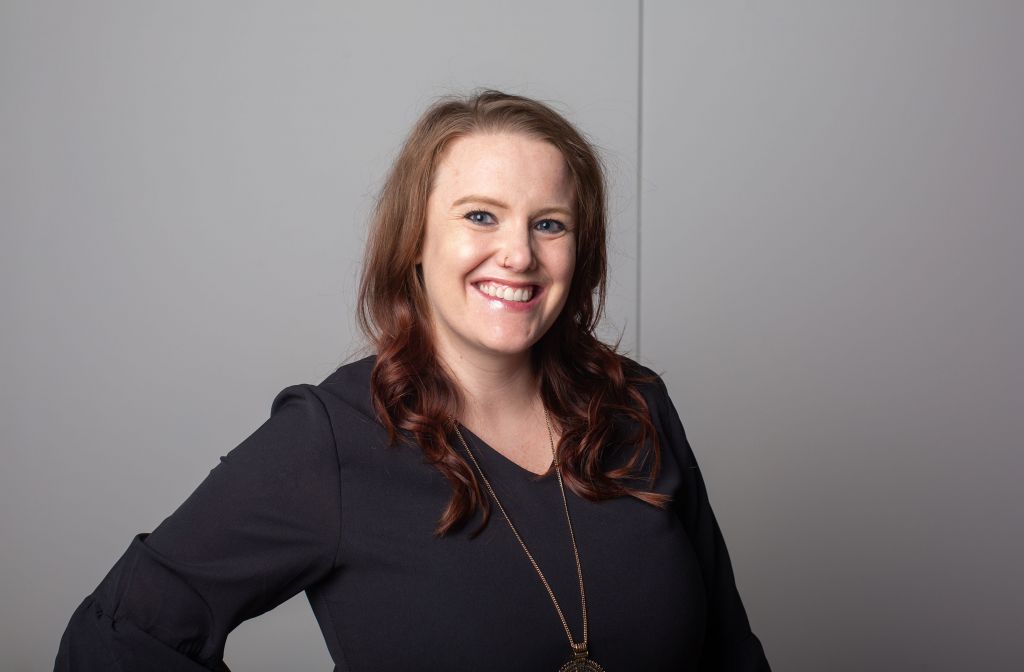
Audra Geyer, Gold Coast’s newest birth doula, tells us her birth story and how birth support from her doula was a game changer. She also took HypnoBirthing classes and went from being afraid of labor to looking forward to it! Her experience with Gold Coast let her to become a doula herself! You can […]
Acupuncture for Anxiety: Podcast Episode #105

Kristin Revere, Co-Owner of Gold Coast Doulas talks with Vikki Nestico of Grand Wellness about acupuncture to help relieve stress, tension, and anxiety. You can listen to this complete podcast episode on iTunes or SoundCloud. Kristin: Welcome to Ask the Doulas with Gold Coast Doulas. I’m Kristin, and I’m here today with Vikki from […]
Acupuncture during Pregnancy and Postpartum: Podcast Episode #103
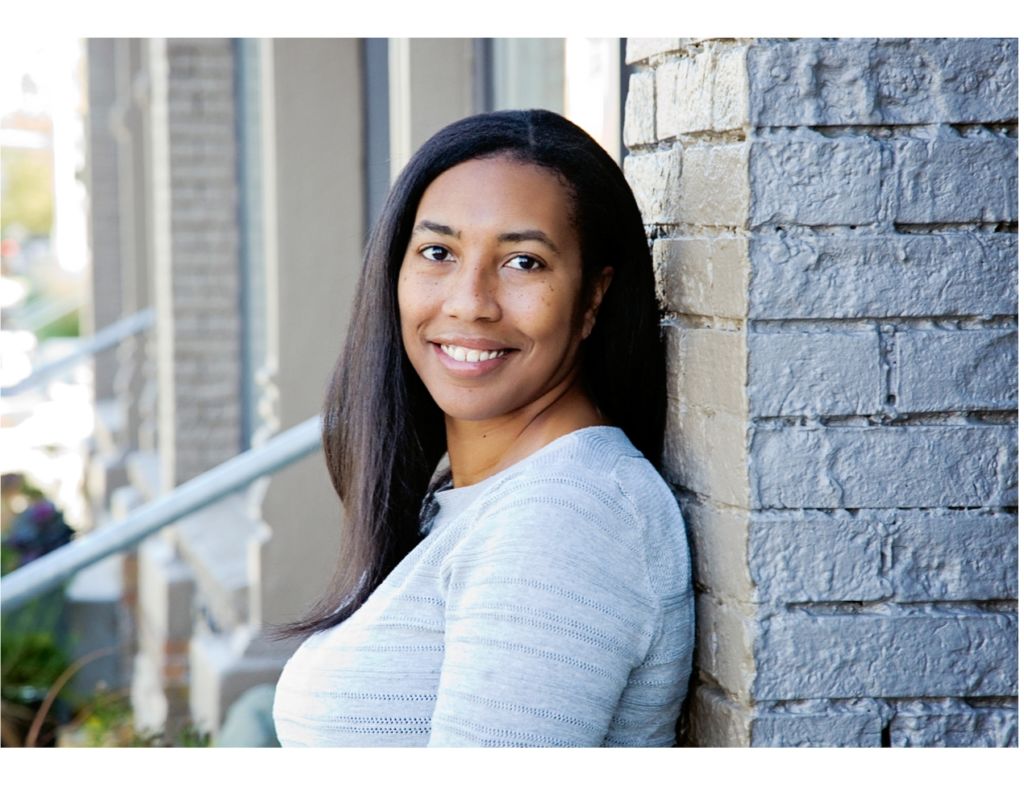
Dr. Carrie Dennie, ND speaks with Alyssa about the benefits of acupuncture during pregnancy and postpartum. You can listen to this complete podcast episode on iTunes or SoundCloud. Alyssa: Welcome to the Ask the Doulas Podcast. You are listening to Alyssa Veneklase. I am the co-owner of Gold Coast Doulas, and today, I am […]
Saturday Series of Classes: Podcast Episode #102
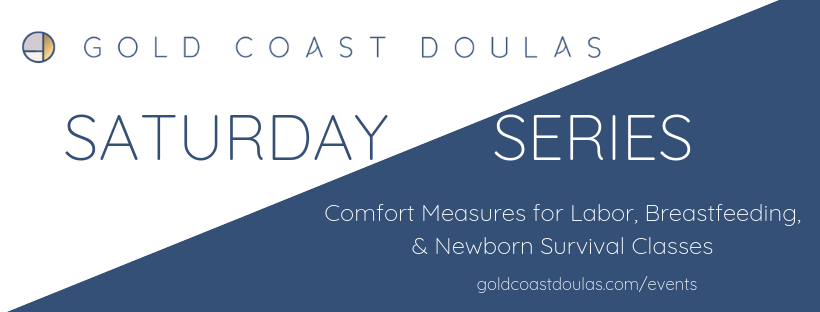
Kristin Revere, Kelly Emery, and Alyssa Veneklase talk about their Saturday Series of classes offered through Gold Coast Doulas. Each goes in to detail about what their classes cover including Comfort Measures for Labor, Breastfeeding, and Newborn Survival. You can listen to this complete podcast episode on iTunes or SoundCloud. Kristin: Welcome to Ask […]
Fertility and Acupuncture: Podcast Episode #101
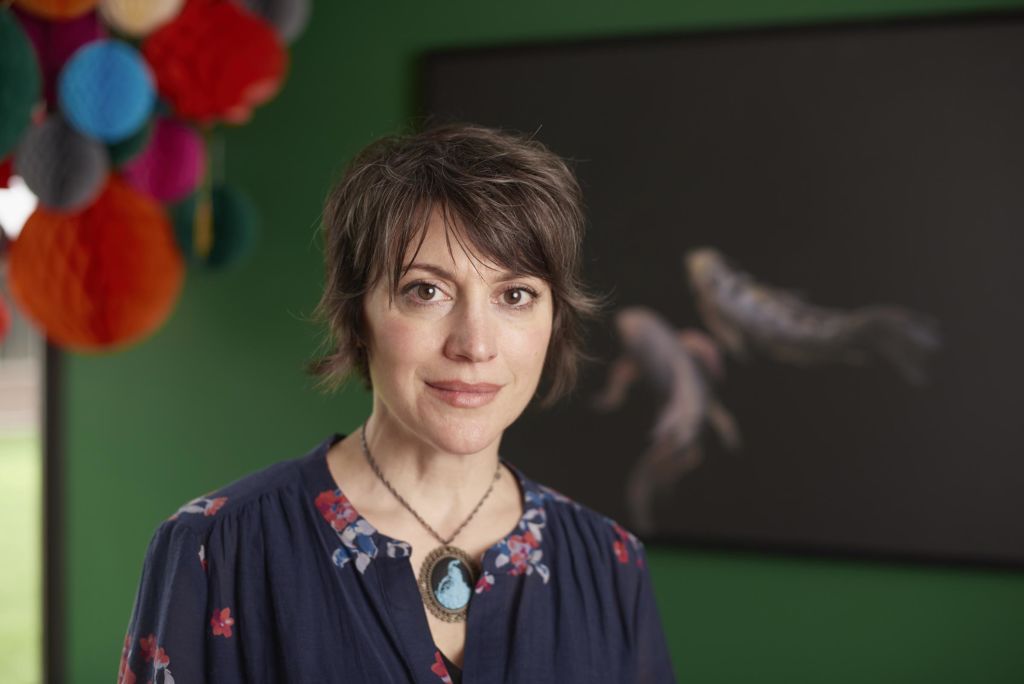
Today Kristin talks to Vikki Nestico, R.Ac of Grand Wellness Acupuncture. We learn a lot about fertility and how acupuncture supports the nervous system, reduces stress, and increases blood flow to the reproductive organs. You can listen to this complete podcast episode on iTunes or SoundCloud. Kristin: Hi, Vikki! Vikki: Hi, how are you? […]
Podcast Episode 100!
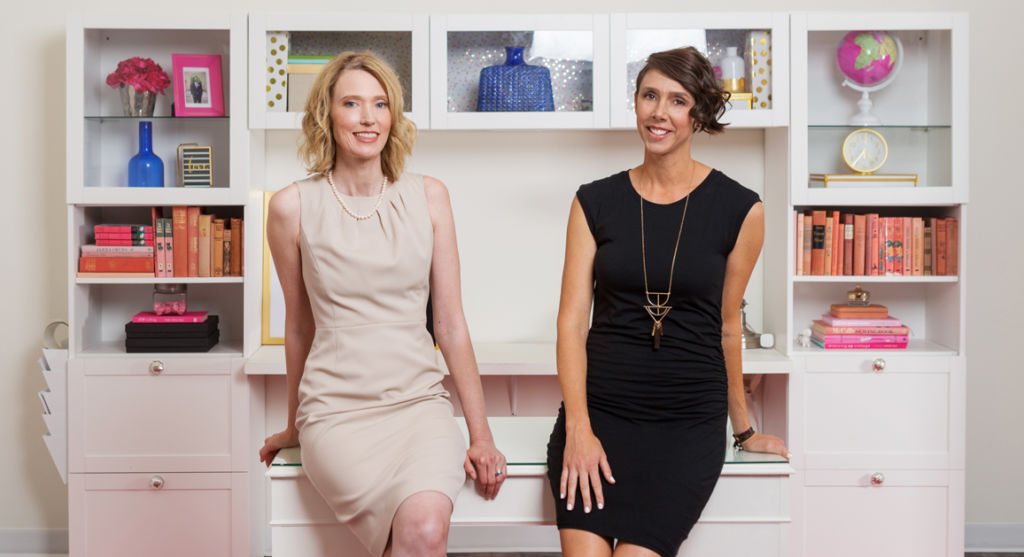
It’s the 100th episode! Alyssa and Kristin, co-Owners of Gold Coast Doulas, talk about what the past two and a half years of podcasting has looked like, how the podcast has changed, how the business has changed, how services have pivoted in the midst of the COVID-19 pandemic, and how they are playing their part […]
Hyperemesis Gravidarum
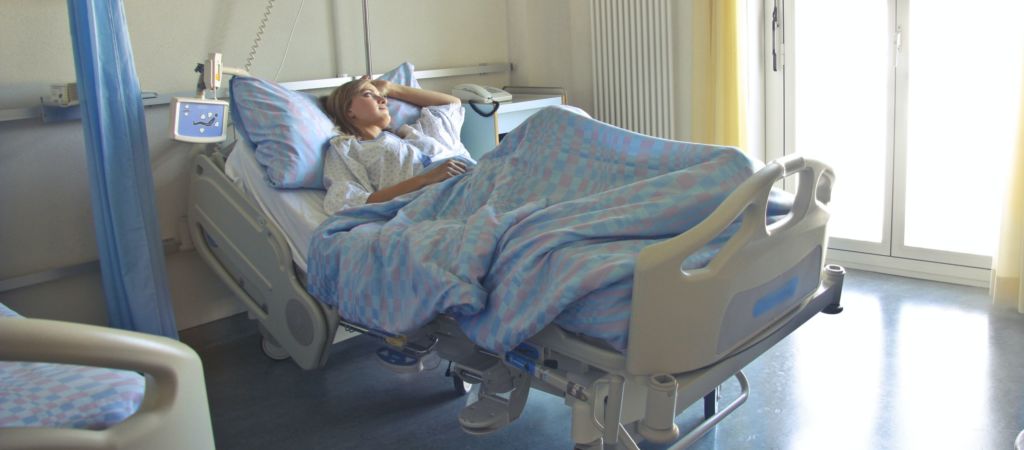
This post was written by Lauren Utter, a ProDoula trained Birth and Postpartum Doula with Gold Coast Doulas. Finding out you are pregnant can bring an array of emotions – planned pregnancy or not. Maybe you’re excited because you have been waiting for this day. Maybe you are surprised because a baby wasn’t on your […]
Adult Separation Anxiety: Podcast Episode #99
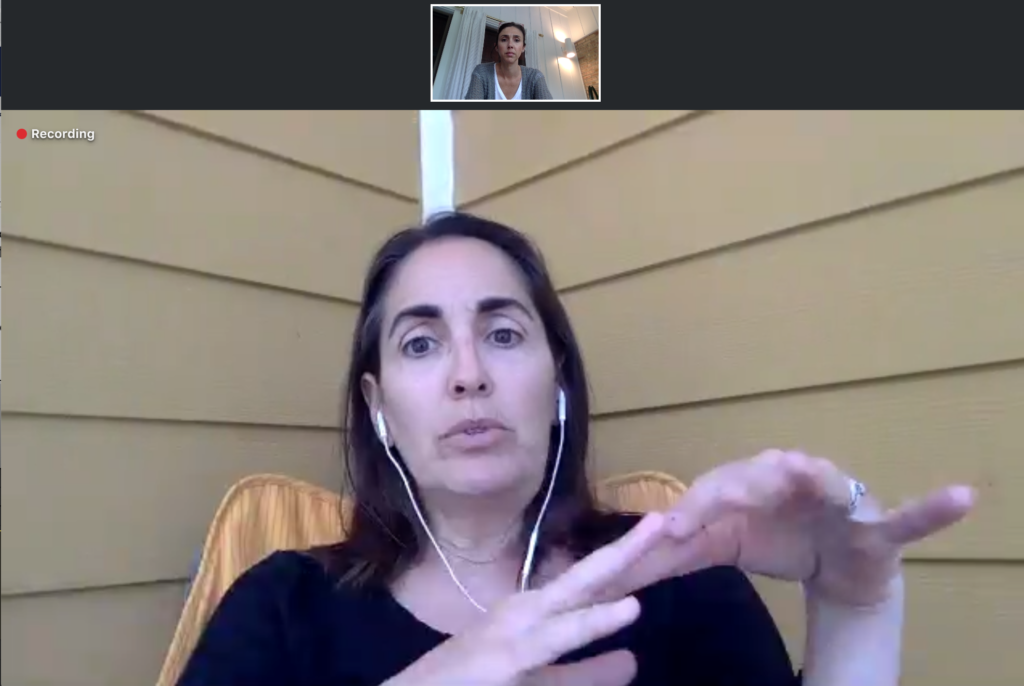
On this episode, Alyssa and Laine begin by talking about parenting anxiety and the distance that parents can sometimes feel as their babies and children grow and seem to need them less. The conversation takes some interesting turns to talk about having clear boundaries for kids, pivoting our expectations of children as they grow, and […]
Parenting and Sleep: Podcast Episode #98
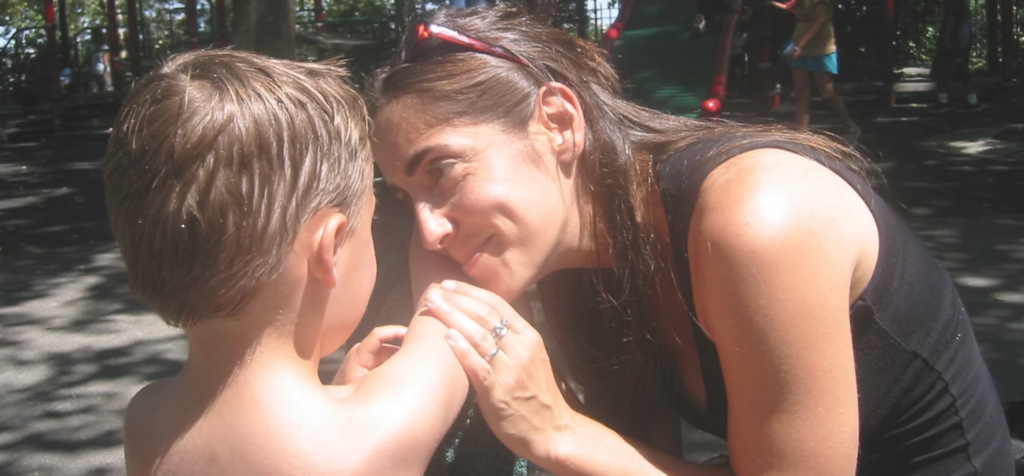
Laine Lipsky, Parenting Coach, talks with Alyssa today about the negative effects of sleep deprivation on children and parents. You can listen to this complete podcast episode on iTunes or SoundCloud. Alyssa: Hello and welcome to the Ask the Doulas Podcast. I am Alyssa Veneklase. I’m excited to be back with Laine Lipsky, parenting coach. […]
Mental Health Awareness Month: Podcast Episode #97

Dr. Nave now works with queens through her virtual practice Hormonal Balance. Today she talks to us about hormones and how they affect our mental health, including the baby blues and postpartum depression. You can listen to this complete podcast episode on iTunes or SoundCloud. Alyssa: Hi. Welcome to Ask the Doulas Podcast. I am […]
Parenting During Covid-19: Podcast Episode #96
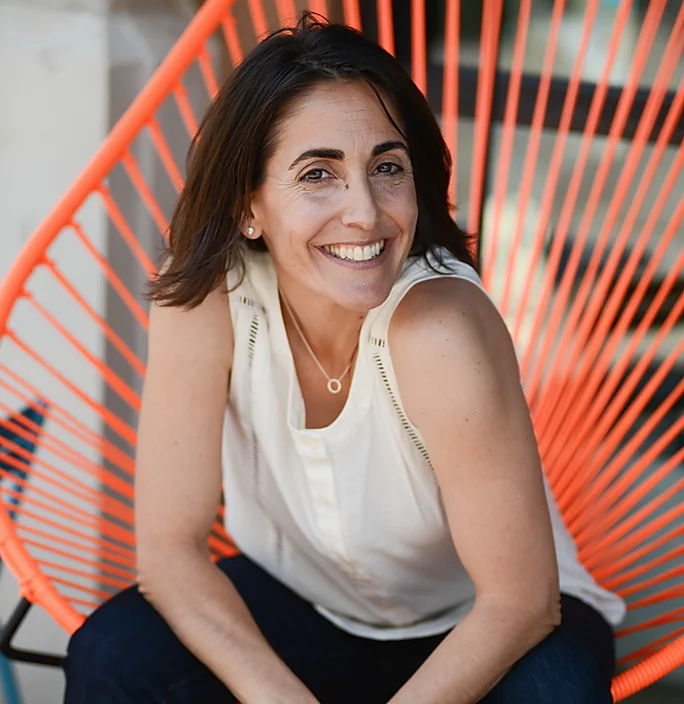
Today we talk with Laine Lipsky, parenting coach, about some best practices for parenting during the COVID-19 pandemic. She gives us all some great tips on how to manage stress and deal with out children no matter what age! You can listen to this complete podcast episode on iTunes or SoundCloud. Alyssa: Hello and welcome […]
Virtual Birth Support: Podcast Episode #95
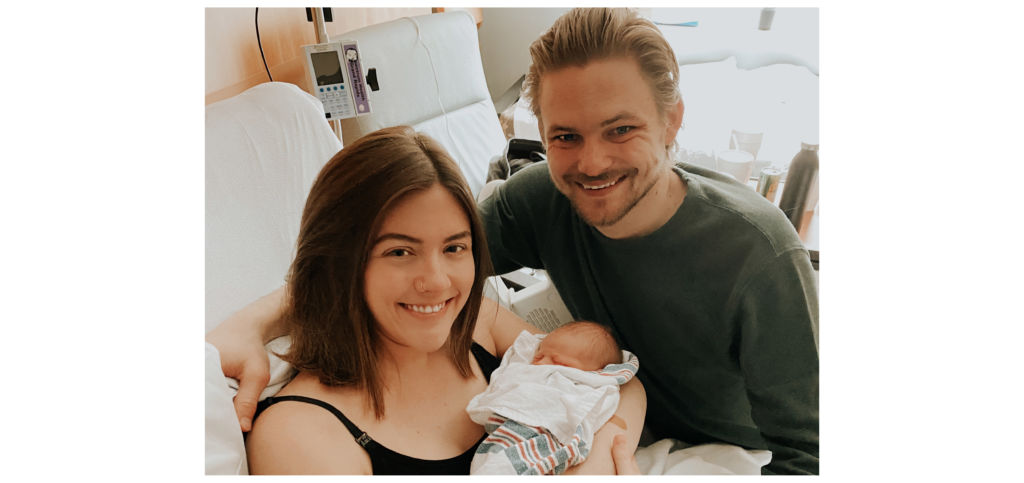
Sam & Justin recently had their baby boy, Judah, in the hospital in the midst of the COVID-19 pandemic. They describe their experience in the hospital as well as how beneficial birth doula support was throughout pregnancy and then during labor and delivery, even though support was virtual instead of in-person. You can listen to […]
A Journey Unlike Any Other
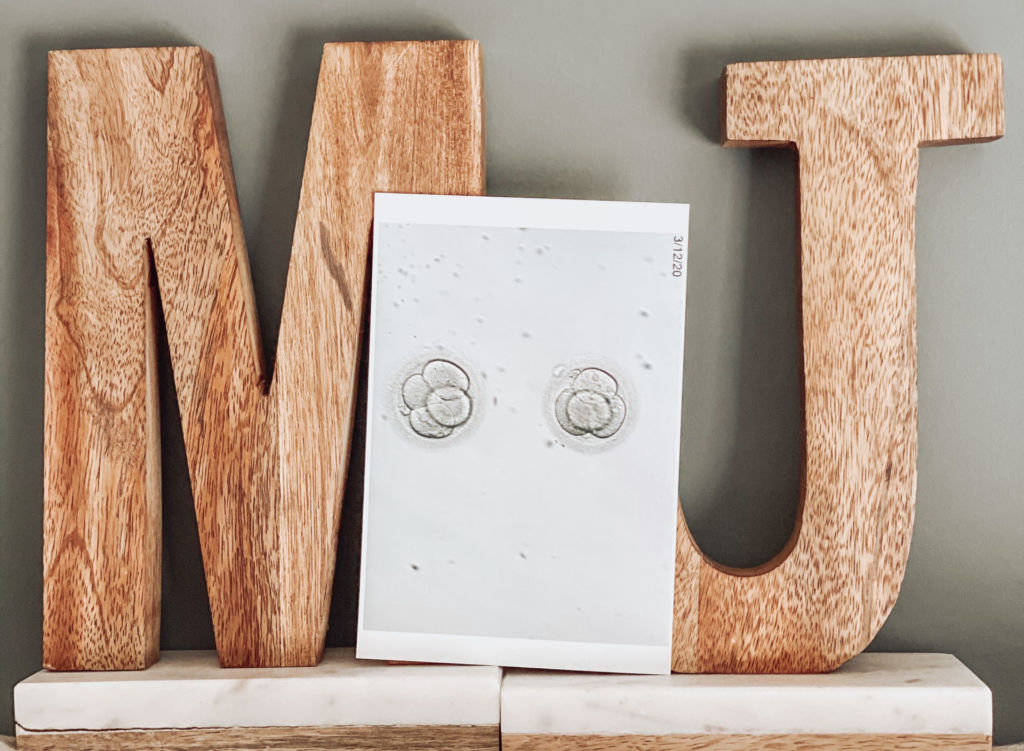
To all of the couples who have had retrievals, transfers, and IVF schedules postponed or affected by the Corona virus outbreak my heart breaks for you. IVF is no small or easy journey; it takes a toll on your mental, emotional, and physical state. It’s beautiful and terrifying all at the same time. It’s expensive […]
Coronavirus Update on Doulas: Podcast Episode #94
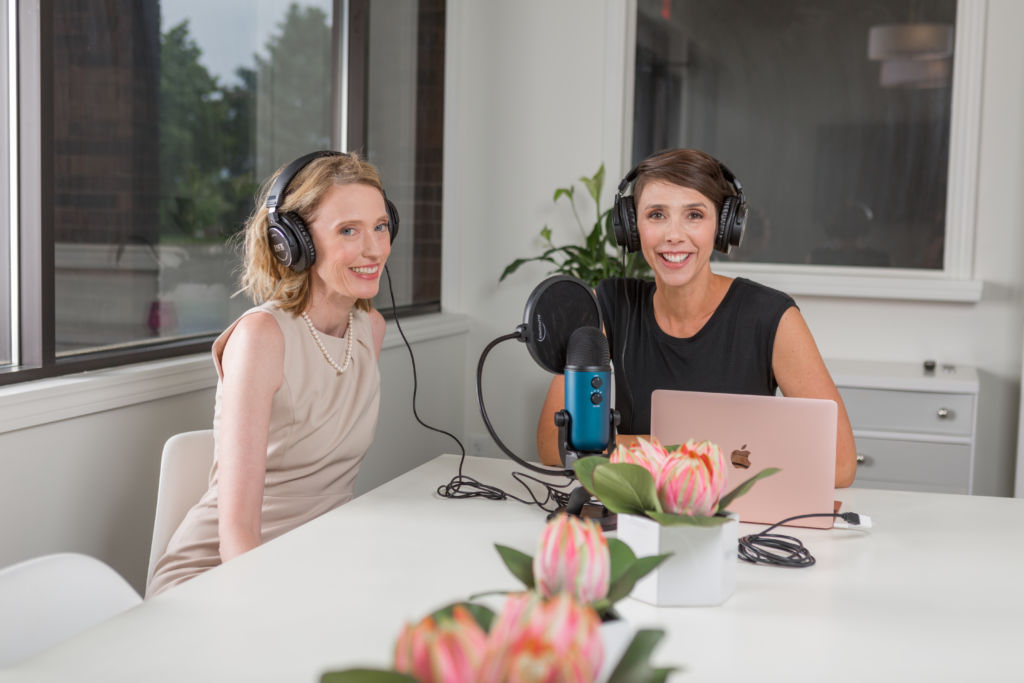
Kristin and Alyssa, Co-Owners of Gold Coast Doulas, give an update on doulas and the coronavirus. How is this affecting birth doulas in the hospital and postpartum doulas in the home? They also talk about virtual classes such as Mama Natural Online to help new parents stay prepared while social distancing. You can listen to […]
Perinatal Mood Disorders: Podcast Episode #91
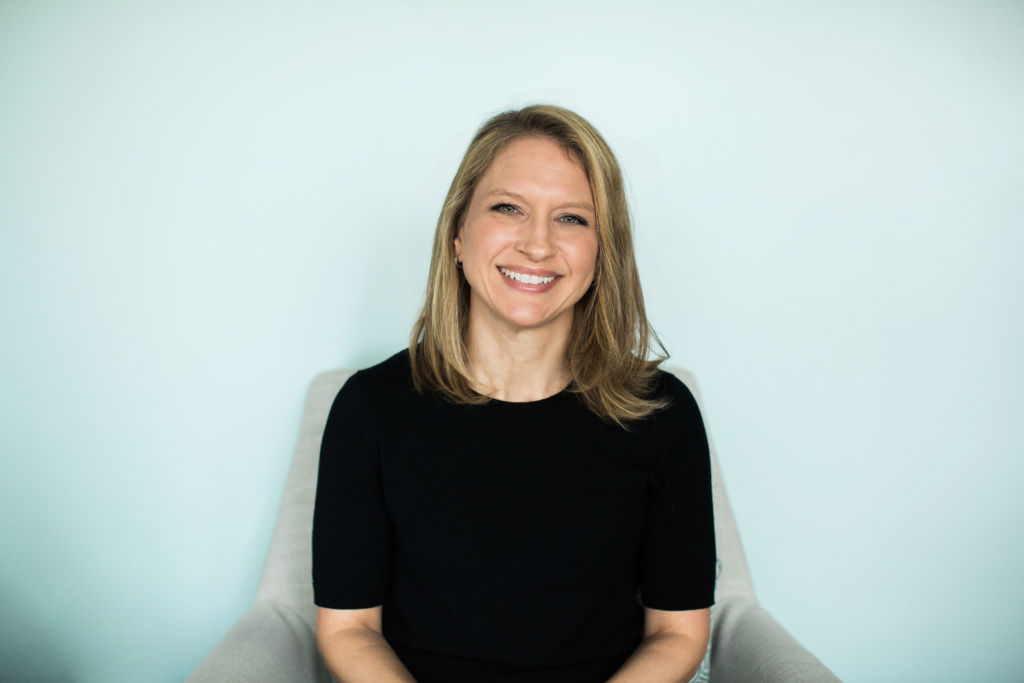
Today we talk with Elsa, a therapist at Mindful Counseling in Grand Rapids, Michigan who specializes in perinatal mood disorders. Learn what postpartum anxiety and depression look like, how they are different, and signs to look out for. You can listen to this complete podcast episode on iTunes or SoundCloud. Kristin: Welcome to Ask the […]
Baby-Friendly Hospital Initiative: Podcast Episode #89
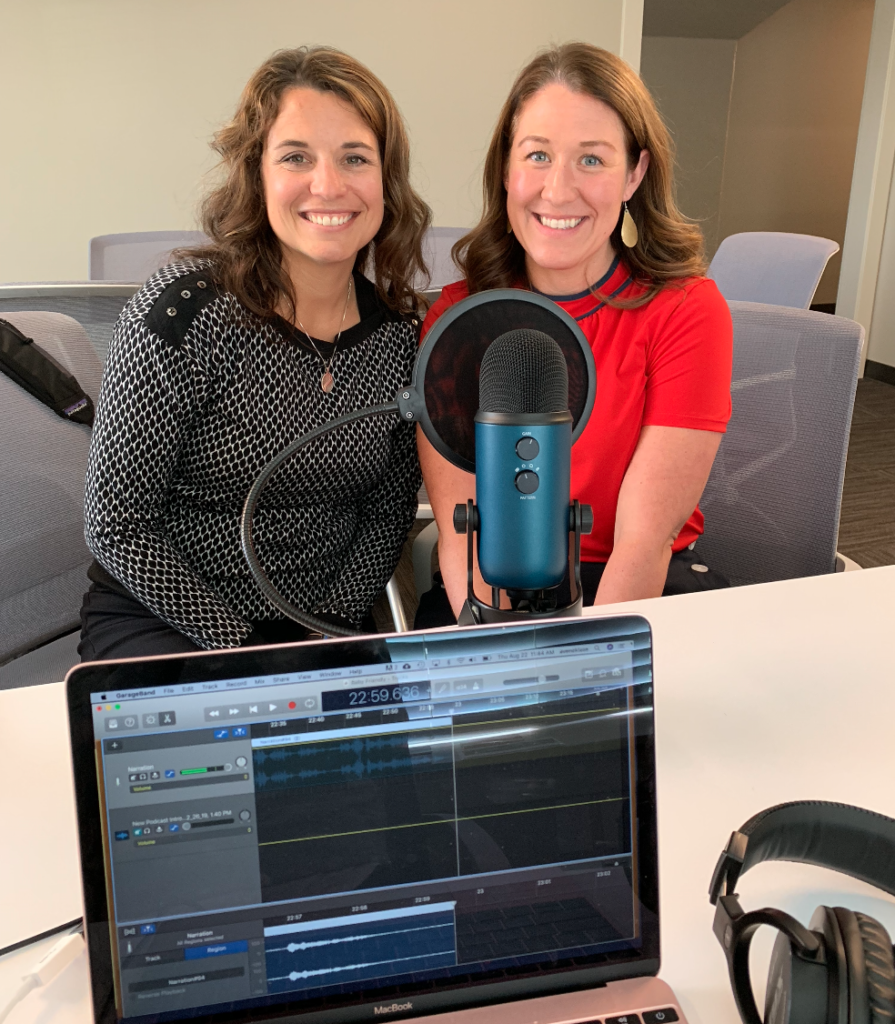
Today we speak with Katie and Becky from Spectrum Health in Grand Rapids about what it means to be a designated Baby-Friendly hospital. You can listen to this complete podcast episode on iTunes or SoundCloud. Kristin: Welcome to Ask the Doulas with Gold Coast Doulas. I’m Kristin, co-owner, and I’ve got Alyssa here. And we’ve […]
Saving for Baby: Podcast Episode #88

Kristin talks to Paige, The Millennial Guru, again today about how to financially prepare for growing your family! You can listen to this complete podcast episode on iTunes or SoundCloud. Kristin: Welcome to Ask the Doulas with Gold Coast Doulas. I’m Kristin, co-owner of Gold Coast, and I’ve got Paige Cornetet, the Millennial Guru, here […]


